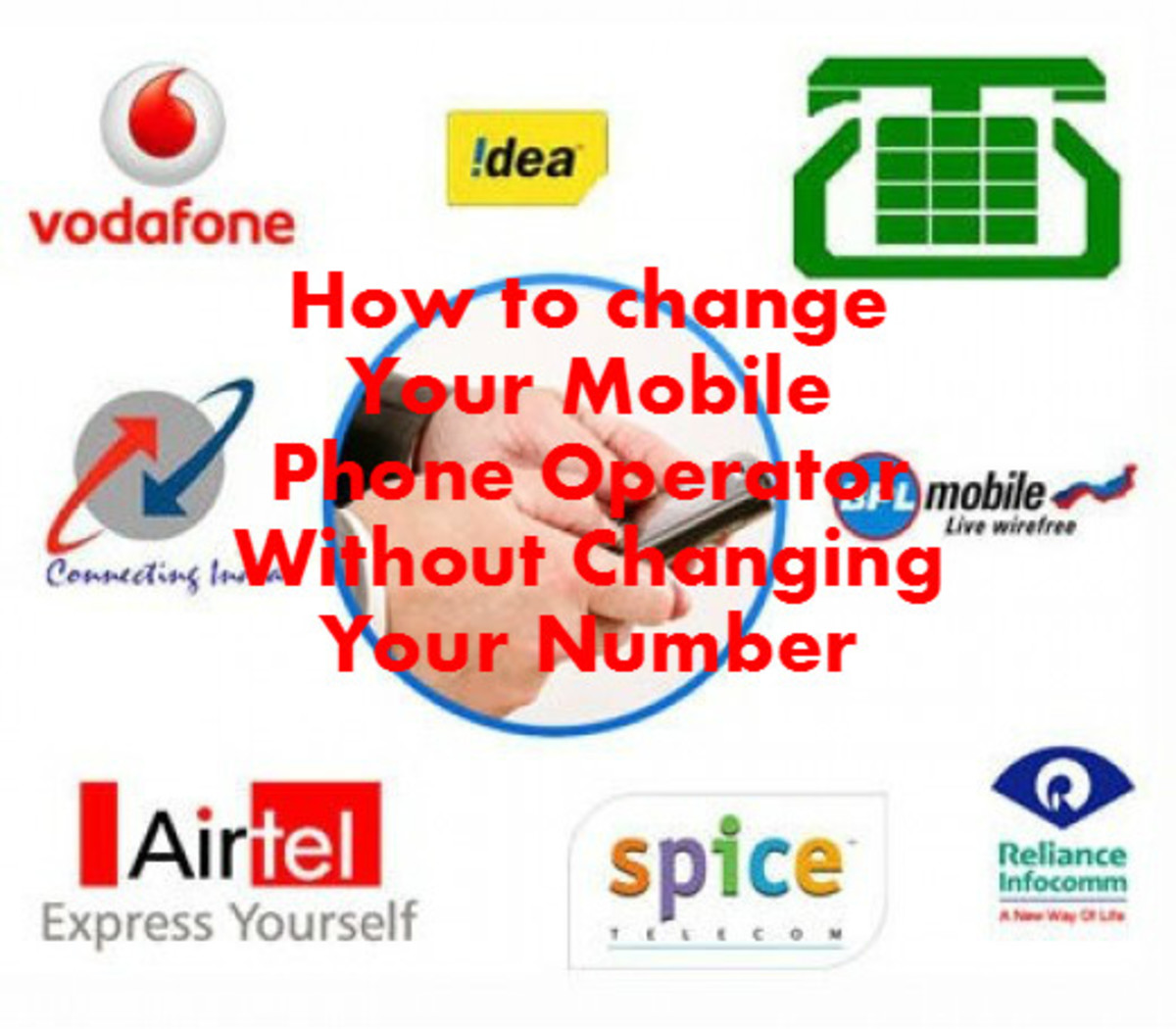Trust On The Internet

Who is who?
When dealing with people on the internet it is very difficult to judge who is genuine and who is not. Unless you are connecting with family and friends the other interactions are more business related. Many of our social network interactions with people other than family and friends are about buying and selling and rarely because we want to make friends with them.
In this artificial setting we are vulnerable to predators and it is important that we remain vigilant. It is important to protect our reputation and remember that many of the people we interact with are telling us what we want to hear in order to get us to be interested in what they are selling. With this awareness we then agree to enter into relationships with our eyes wide open and seeing them for what they are and what what we imagine them to be.
In this article I want to explore the relationships we create on the internet and how reliable they are.
People can't read feelings, they read words.
When you communicate with someone on the internet you cannot see them unless of course a web cam is being used . In our daily lives when we communicate over the phone or even face to face misunderstandings can still occur.
Most of us are not telepathic so we cannot read each other's minds. We rely on very subtle cues to make judgements about what someone is telling us and most of these cues are absent when we communicate by e-mail. The problem is recognised by the people who have developed the technology and the little emoticons help to a certain degree.
The problem still remains and we must remind ourselves constantly when communicating by e-mail that the recipient of our communication cannot see our smiling or angry faces. In order to communicate more effectively we need to stop taking certain things for granted, the main thing being that people can read your feelings from what you write. They can't, unless you spell it out for them.
It doesn't take much to add an explanation of how you feel about what you are communicating in order to avoid misunderstanding and nurture better understanding.
Imagined communication is the cause of misunderstanding
If you don't explain how you feel then people will automatically jump to their own conclusions about the feelings you are trying to express. The reason for this is because we are always communicating on conscious and subconscious levels and without the cues we normally receive from a person standing in front of us when we speak we imagine what these cues are and subconsciously add them to the communication we read. Because we have imagined what the person was feeling when writing the communiqué we often get it wrong.
Wolves in sheep's clothing
Another problem is the number of people who use the anonymity of communicating over the internet to disguise themselves and their motivations for communicating with you.
People whose sole aim is to increase their number of followers will look for people who stand out from the crowd. They will look for people with good reputations and who have standing in their communities. When they find the people, they follow them believing that they will be automatically followed in turn. In HubPages I have also noticed that some people will comment on a hub in order to gain the attention they seek and once followed you never receive another comment. This kind communication is shallow and serves nobody.
Following is a commitment
To follow someone on HubPages is a commitment and takes time. This is the main reason why I choose very carefully who I follow and just because someone follows me does not result in me automatically following them back. If someone goes to the trouble of commenting on any of my hubs I will do them the courtesy of checking out a few of theirs to decide if what they have to say warrants my time and energy on a regular basis. If I like the writer's style and am interested in what the writer stands for then and only then do I follow.
Do unto others as you would have them do unto you
I believe some people get lazy behind a computer and their minds must play tricks on them making them believe that the people they communicate with cannot see behind these shallow antics.
If you treat people the way you would like them to treat you then the communication will always be meaningful and you will attract like minded people. I would hate people to follow me if they did not like what I wrote about or if they did not like what I stand for.
I regularly go through my list of hubbers I follow and make sure that my list only contains people whose work I look forward to reading. Anything that becomes a chore or a drudgery is just not worth doing. I think we betray ourselves to do otherwise.
Sometimes I am not notified when they publish a new hub and regularly checking this list ensures that I don't miss them.
The Special Ones
There are of course those people you come across who make a a very special impression. This is normal in our everyday life and there is no reason why it should not happen in your communication over the internet. I sometimes come across people whose energy captivates me and I want to know more about them. I love what they say, how they say it and what they stand for and I make it my business to know more about these people so I can better understand what they write. Now this can cause problems especially nowadays with so many unscrupulous people out there who use the anonymity of the internet to squirm their way into people's lives in order to manipulate for profit. When someone who is genuinely interested in you initiates communication outside of the usual comments at the end of a hub it is understandable that such communication can be viewed suspiciously. But there is a way to check how genuine a person is.
Use FaceBook to check credibility
I have found a way to alleviate people's fears about me by allowing them to share my world on FaceBook. If I have enough trust in and respect for someone I will add that person as a friend to check me out and satisfy themselves that I am who I say I am. This also affords me the opportunity to make sure that I in turn am communicating with someone genuine. I think this is a meaningful use for FaceBook and can't imagine how anyone can create a deception elaborate enough to fool anyone who uses it in this way to check credibility.
Keep it Real!
Your life on the internet like your life off it must be lived with awareness. You do yourself or anybody else no good by simply following the crowd and doing what everyone else does. What you think , say and do has an impact on the world so why not think about your communication in order to create a less complicated and happier environment for all?
E-mail hallucinations
The following video explains what I mean when I say we often get it wrong when we imagine what someone means by what they say in an e-mail. The video explains the pitfalls but also advantages in e-mail communication but only when used with awareness.



